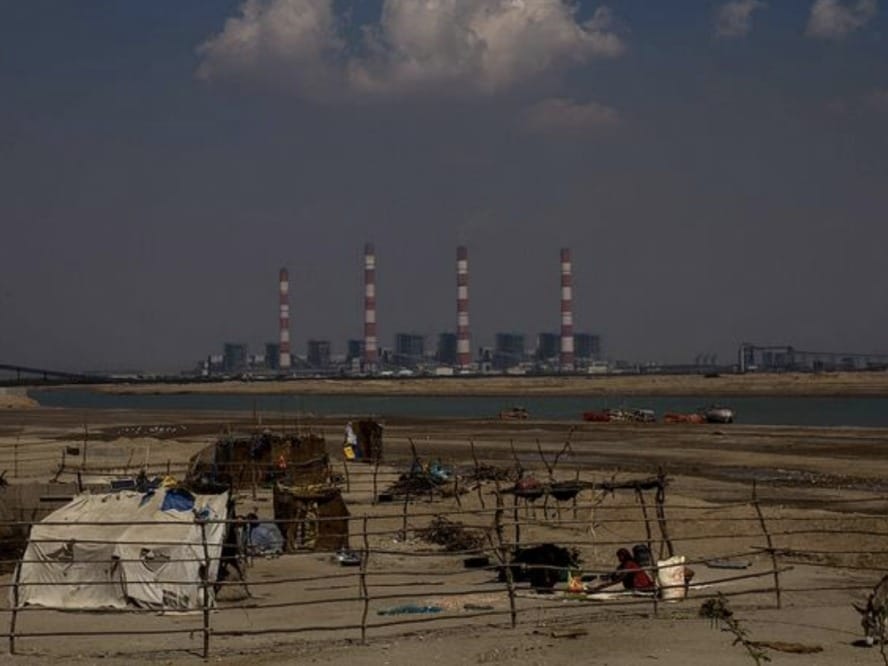WASHINGTON (AN) — A U.S. Supreme Court case could weaken immunity rules for international organizations in the nation that offers them the most financial support.
Justices are deciding if World Bank Group's financial lending arm, International Finance Corporation, or IFC, has the same immunity as nations, in a case heard on October 31. The opinion, to be issued by next summer, could alter the amount of protection — and independence from courts — that staff are given at organizations operating under U.S. laws.









